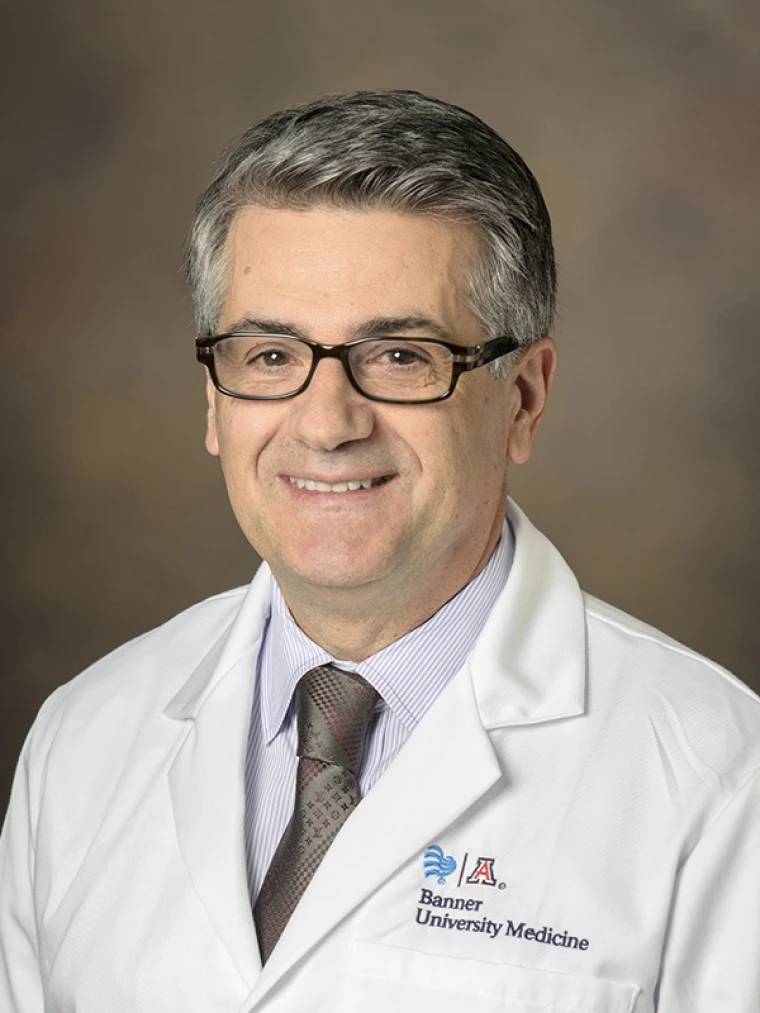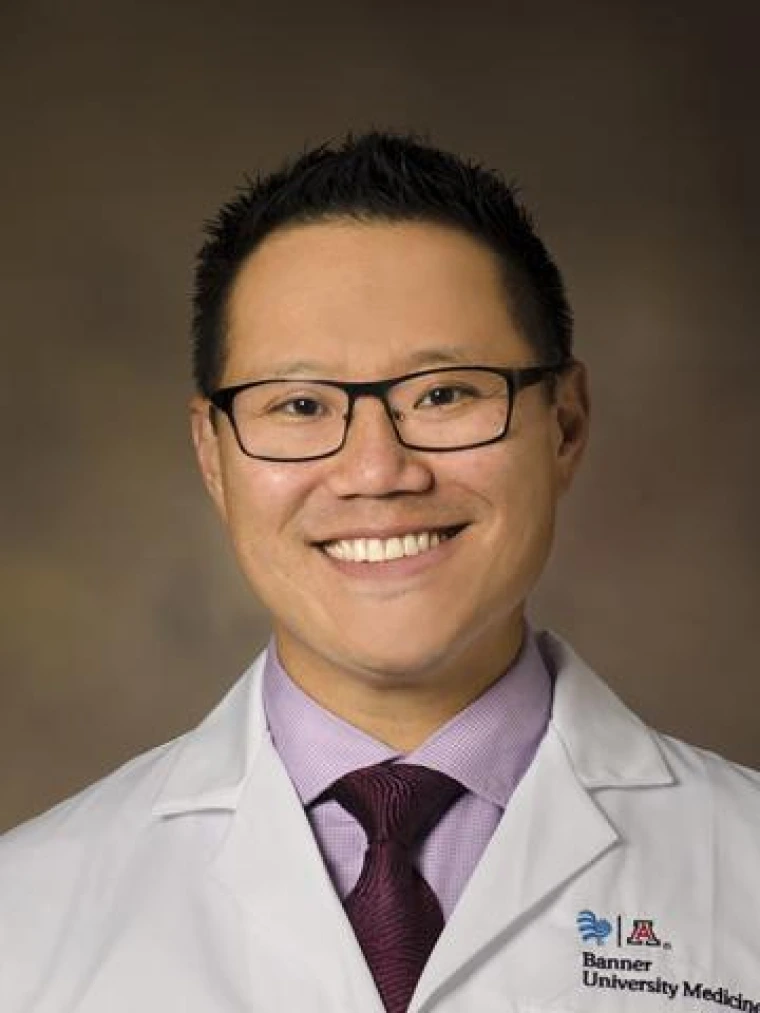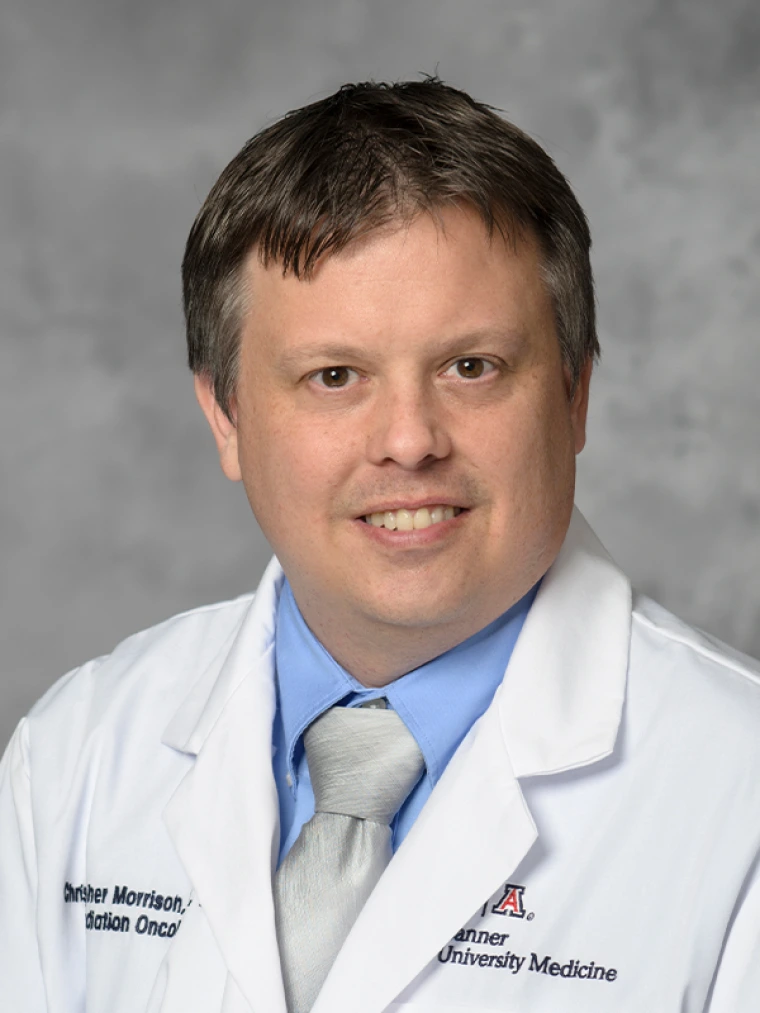The Department of Radiation Oncology actively collaborates in the multidisciplinary care of patients with cancer with the use of external beam radiation (e.g. electrons, IMRT, SBRT/SABR) and brachytherapy (e.g. HDR, eye-plaque, LDR) to treat tumors. As a team, we work with both surgeons and medical oncologists from all other disease sites including breast, CNS, pediatric, head and neck, thoracic and lung, sarcoma, genitourinary, gynecologic, gastrointestinal, lymphomatous, cutaneous malignancies, melanoma / Merkel cell, and ophthalmologic cancers as well as certain benign disorders (Dupuytren’s contracture, keloids).
Our team focuses not only on novel radiation treatment delivery but also on technology to improve cancer care, research for prognosis, improving clinical and quality of life outcomes, as well as synergy with other treatments such as chemotherapy and immunotherapy. Multiple faculty and staff serve on national research committees and have active clinical, physics/technological, and basic science research. We participate in collaborative national and international trials. Radiation oncology is a full member of NRG, actively participates in SWOG as well as NTCN, and we are a NCI designated cancer center with state-of-the-art technology, including a new radiation treatment facility opened in 2018.
Not only do we care about ensuring the best clinical outcomes and trying to achieve the highest cure rates, but we also care about the personal well-being of our patients and collaborate with supportive care, social work and other practitioners to provide a holistic approach to treatment. Part of delivering the best care possible is by offering innovative research programs and clinical trials.








